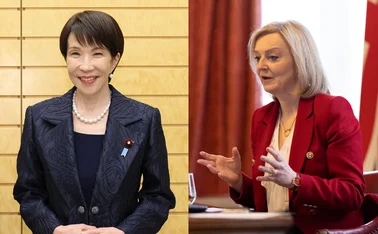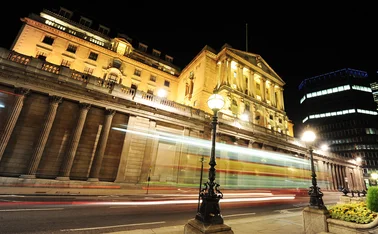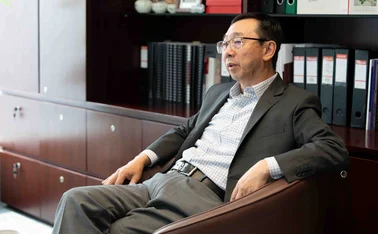
IEO calls for IMF to rethink house view on capital controls
Independent review says 2012 reform was helpful but still suffers from shortcomings

The International Monetary Fund should revisit its “institutional view” (IV) on the use of capital controls to tackle several shortcomings, a new report by the fund’s Independent Evaluation Office finds.
The IEO says the IV, adopted in 2012, was a “major step forward” in providing better advice to member countries on how to deploy capital controls. But the IV also would benefit from a “refresh” in several areas, the organisation says.
The 2012 reform was a watershed moment for the fund, which
Only users who have a paid subscription or are part of a corporate subscription are able to print or copy content.
To access these options, along with all other subscription benefits, please contact info@centralbanking.com or view our subscription options here: www.centralbanking.com/subscriptions
You are currently unable to print this content. Please contact info@centralbanking.com to find out more.
You are currently unable to copy this content. Please contact info@centralbanking.com to find out more.
Copyright Infopro Digital Limited. All rights reserved.
As outlined in our terms and conditions, https://www.infopro-digital.com/terms-and-conditions/subscriptions/ (point 2.4), printing is limited to a single copy.
If you would like to purchase additional rights please email info@centralbanking.com
Copyright Infopro Digital Limited. All rights reserved.
You may share this content using our article tools. As outlined in our terms and conditions, https://www.infopro-digital.com/terms-and-conditions/subscriptions/ (clause 2.4), an Authorised User may only make one copy of the materials for their own personal use. You must also comply with the restrictions in clause 2.5.
If you would like to purchase additional rights please email info@centralbanking.com








